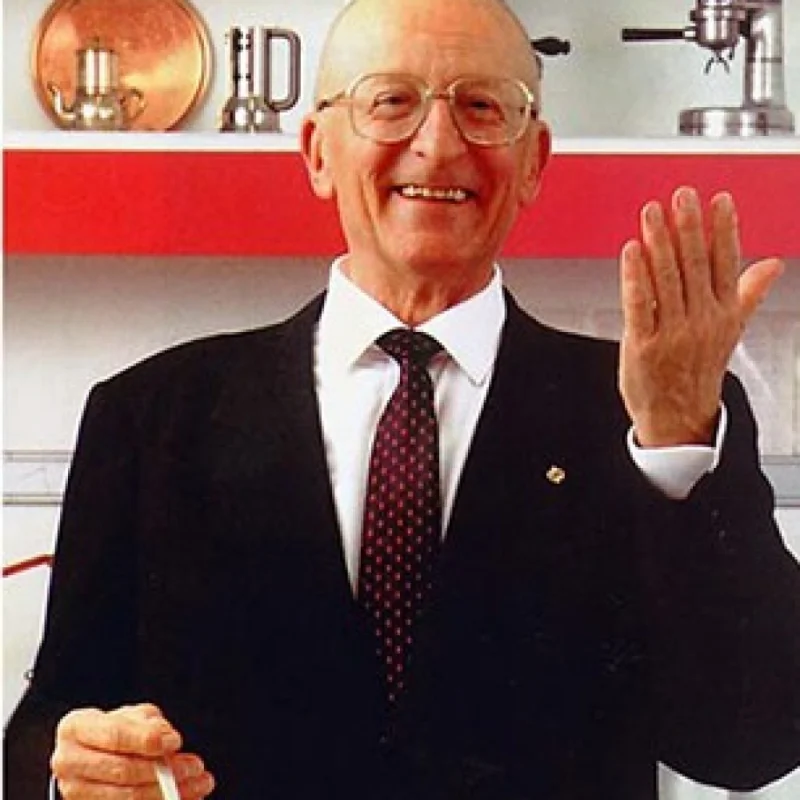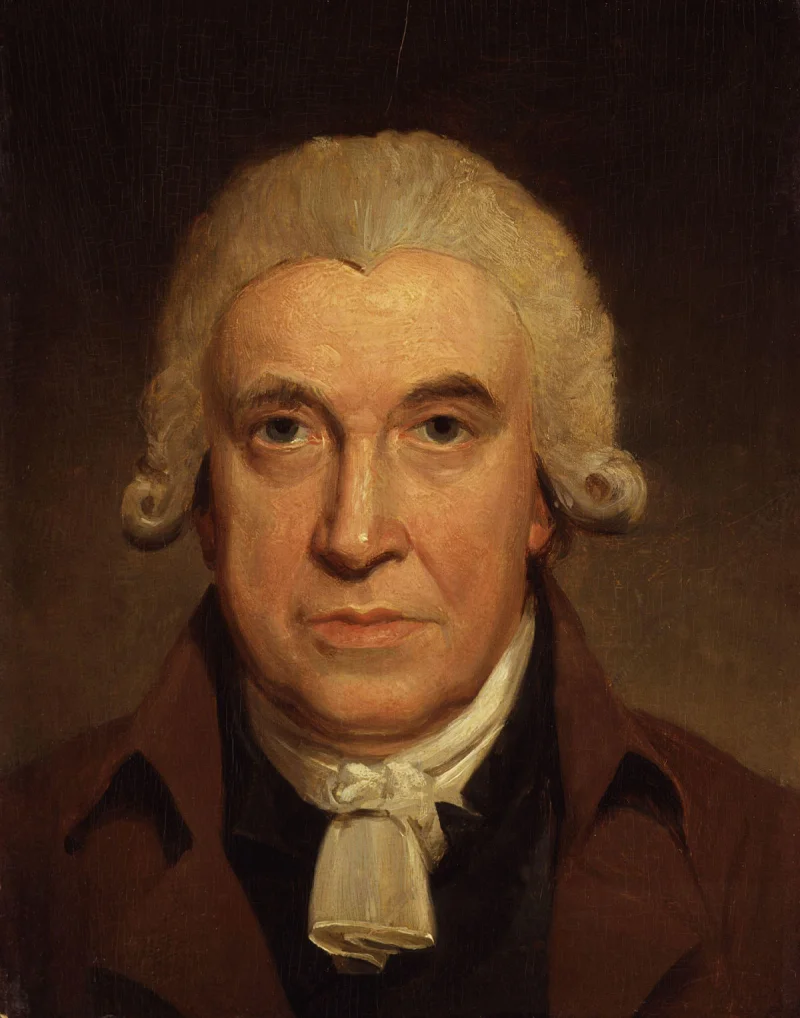Short Summary
Gertrude Elion was a pioneering American biochemist and pharmacologist who made significant contributions to the field of medicine through her innovative drug development techniques. She was instrumental in the creation of several important drugs, including treatments for leukemia, malaria, and AIDS. Her work earned her a Nobel Prize in Physiology or Medicine in 1988, and she is celebrated for her impact on modern pharmacology and her role in advancing medical treatment options.
Early Life & Education
Gertrude Belle Elion was born on January 23, 1918, in New York City to immigrant parents. Her father was a dentist, which influenced her interest in science from a young age. After graduating from high school at the age of 15, she attended Hunter College, where she earned a degree in chemistry in 1937. Despite facing gender discrimination in her early career, she continued her education at New York University, where she obtained a master's degree in chemistry in 1941. Her passion for science and dedication to improving human health were evident from her early academic pursuits.
Career Highlights
Elion began her career in research during World War II when opportunities in the field expanded for women. She joined the Burroughs Wellcome pharmaceutical company in 1944, where she worked alongside George Hitchings. Together, they developed a novel approach to drug discovery based on understanding the biochemical differences between normal human cells and pathogens. This method led to the development of numerous groundbreaking drugs. Elion's work was pivotal in creating medications for leukemia, autoimmune disorders, and infectious diseases, fundamentally transforming pharmaceutical research and treatment strategies.
Major Achievements
- Developed the first successful chemotherapy for childhood leukemia, significantly improving survival rates.
- Contributed to the development of azathioprine, a drug used in organ transplantation to prevent rejection.
- Pioneered the creation of acyclovir, the first effective antiviral medication for herpes.
- Shared the 1988 Nobel Prize in Physiology or Medicine for her innovative methods of drug development.
Famous Quotes
- "Don't be afraid of hard work."
- "I had no specific bent toward science until my grandfather died of cancer. I decided nobody should suffer that much."
Interesting Facts
- Elion never completed a Ph.D. but received over 20 honorary doctorates during her lifetime.
- She held 45 patents for her pharmaceutical innovations.
- Her work laid the foundation for the development of AZT, a leading drug for treating HIV/AIDS.
- Elion was inducted into the National Inventors Hall of Fame in 1991.
Legacy / Influence
Gertrude Elion's legacy is profound in the field of pharmacology and medicine. Her innovative approach to drug development has saved countless lives and set new standards for research. The medications she developed continue to be used worldwide, and her work has inspired generations of scientists, particularly women, to pursue careers in science and medicine. Elion's contributions have ensured that her influence endures in both medical practice and research methodologies.
FAQ
Q: Why is Gertrude Elion famous?
A: She is famous for developing groundbreaking drugs and winning the Nobel Prize in Physiology or Medicine in 1988.
Q: What did Gertrude Elion invent?
A: She invented several important drugs, including treatments for leukemia and antiviral medications.
Q: Did Gertrude Elion have a Ph.D. degree?
A: No, she did not complete a Ph.D., but she received numerous honorary doctorates.
Q: Where did Gertrude Elion work?
A: She worked at the Burroughs Wellcome pharmaceutical company, where she conducted most of her groundbreaking research.












